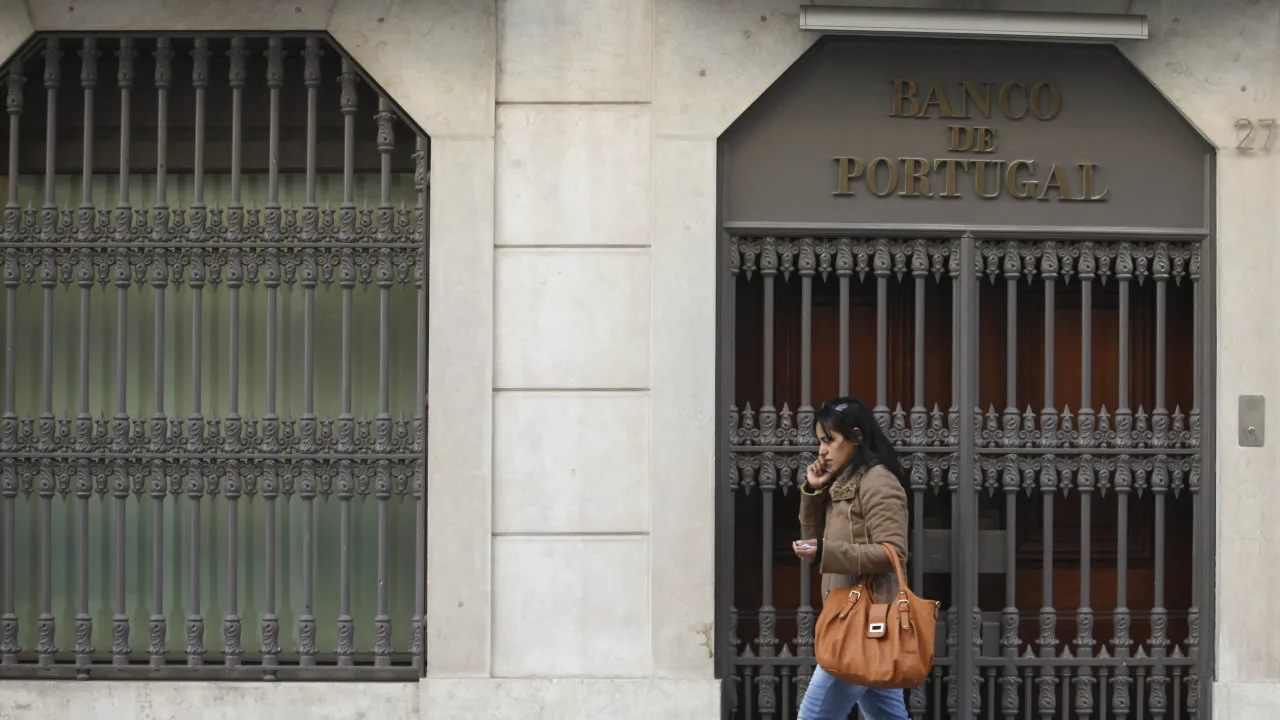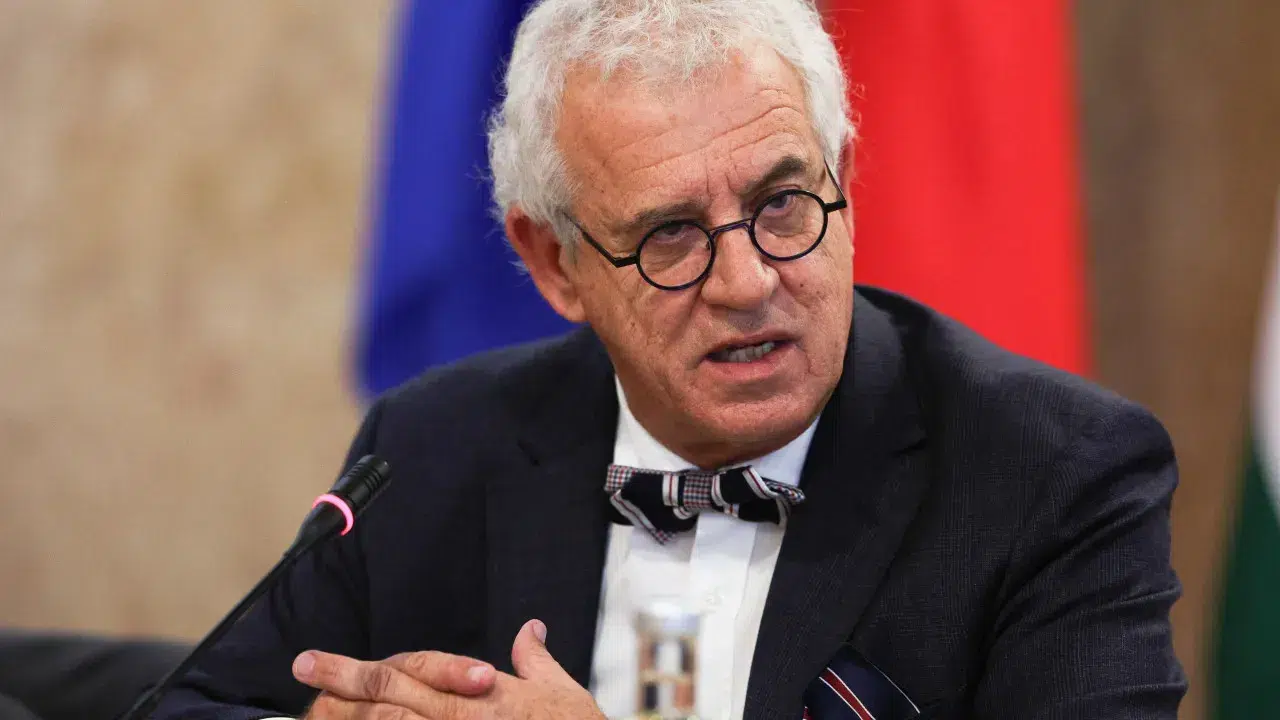
The Bank of Portugal affirmed its adherence to all regulatory and legislative standards in the acquisition process of its new headquarters in Lisbon, confirming that this compliance was secured within its contract with Fidelidade.
“The Bank of Portugal, at the time of the signing of the preliminary sales agreement, and until the final contract is executed, fully complies with applicable legal and regulatory standards,” an official source from the Bank of Portugal stated.
In May, the Bank of Portugal announced it had secured a contract with Fidelidade to purchase a building on the grounds of the former Feira Popular in Entrecampos, Lisbon, destined for the bank’s future headquarters, valued at 191.99 million euros. The finalization of this transaction is anticipated for the end of 2027.
An online publication noted that the future headquarters of the Bank of Portugal will exceed 192 million euros, as that value pertains solely to structural work, estimating the total cost could reach 235 million euros.
Reports also highlighted concerns from Bank of Portugal consultants regarding the new headquarters, particularly about licensing and the potential need for an environmental impact assessment for a parking facility.
In response to inquiries, the Bank of Portugal did not disclose the total estimated cost of the new headquarters, mentioning only that “the acquisition price of the building followed the lowest independent expert valuation requested by the Bank of Portugal.”
Addressing the technical alerts, the central bank stated that throughout the process, “procedures and technical diligences were adopted according to the best national and international practices, ensuring strict legal, financial, and patrimonial control of the operation.”
The central bank also indicated that it is the responsibility of the building developers to comply with legal and regulatory standards in the operation and construction of the proposed buildings. The conclusive signing of the contract will only occur once this compliance is verified.
“The construction of the buildings and the subsequent execution of the definitive sales contract are contingent upon obtaining the necessary administrative authorizations, particularly construction licenses to be issued by the Lisbon City Council in due course. The compliance by the sellers with the terms and conditions emerging from the public tender process was ensured within the preliminary sales contract signed between the Bank of Portugal and the sellers,” reads the institutional response led by Mário Centeno.
Additionally, the adherence to environmental and urban regulations is the responsibility of the developer, reiterated the Bank of Portugal.
The term of Mário Centeno as governor of the Bank ended this Sunday without the government appointing a successor.
Centeno, a former minister in António Costa’s Socialist government, has expressed willingness to continue for another term at the central bank. However, disagreements with the government suggest this is unlikely.
On Sunday, Prime Minister Luís Montenegro stated on RTP that Centeno “meets all the requirements” to remain in office. The decision is expected to be made on Thursday.
Centeno’s 2020 appointment as governor was controversial, given he had resigned as Finance Minister just over a month prior.




